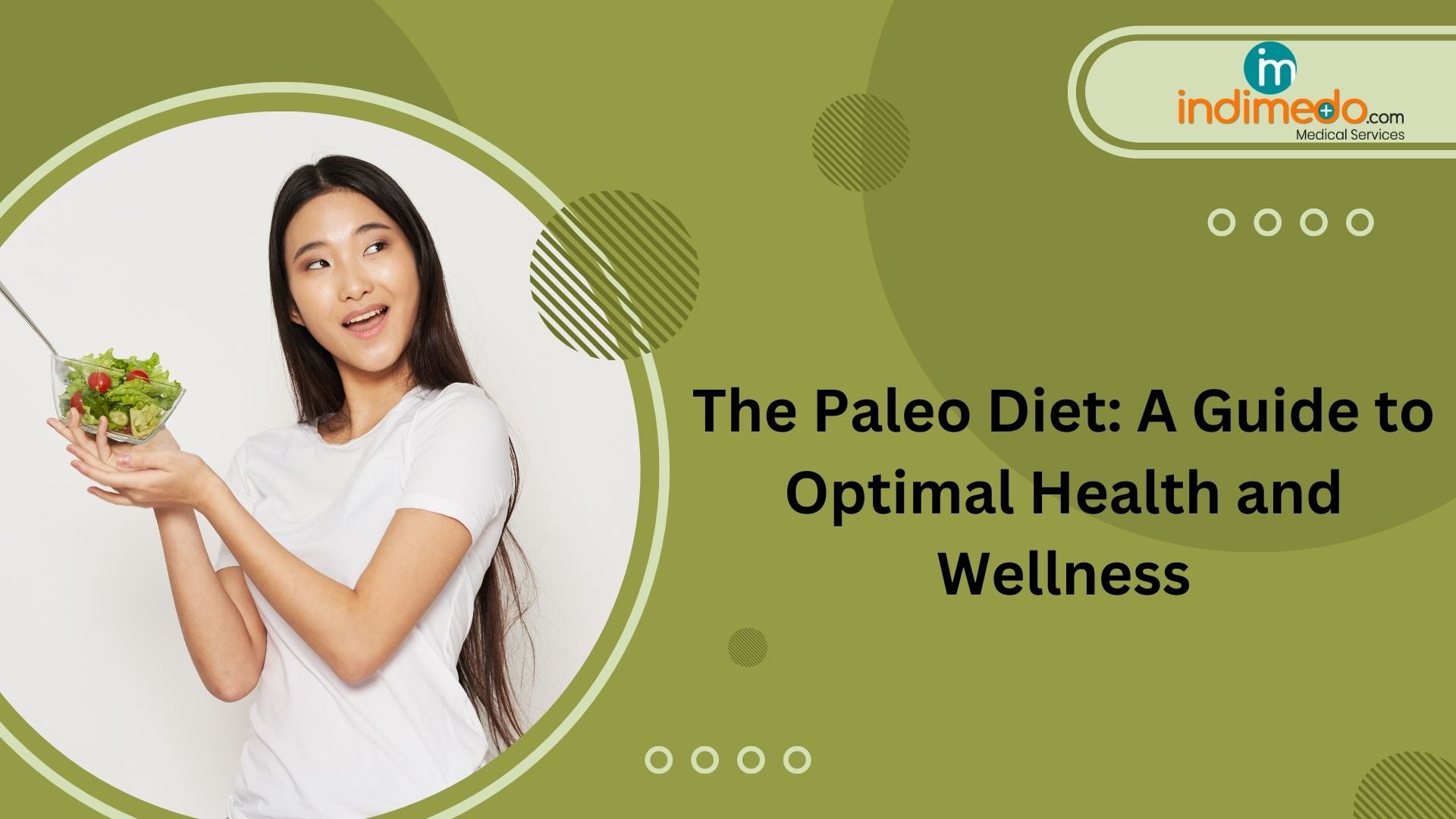Exploring the Pros and Cons of the Paleo Diet: Is It Truly the Optimal Choice? | A Comprehensive Analysis.
[toc]
Introduction to the Paleo Diet
The Paleo diet has gained significant popularity in recent years as a means to achieve optimal health and wewell-beingAlso known as the “caveman” or “Stone Age” diet, it promotes consuming foods that our ancestors supposedly ate during the Paleolithic era. This article aims to explore the pros and cons of the Paleo diet, providing a comprehensive overview to help you make an informed decision about its suitability for your lifestyle and health goals.
Pros of the Paleo Diet
Weight Loss and Improved Body Composition
One of the primary reasons people turn to the Paleo diet is its potential for weight loss and improved body composition. By focusing on whole, unprocessed foods and eliminating processed sugars and grains, individuals may experience a reduction in body fat and an increase in lean muscle mass.
Increased Nutrient Intake
The emphasis on fresh fruits, vegetables, lean meats, fish, and nuts in the Paleo diet ensures a higher intake of essential nutrients. These nutrient-dense foods provide a wide array of vitamins, minerals, and antioxidants that support overall health and well-being.
Reduced Inflammation
The Paleo diet’s exclusion of processed foods, refined sugars, and grains may lead to a reduction in chronic inflammation. Inflammation is linked to various health conditions, including cardiovascular disease, diabetes, and certain types of cancer. By adopting the Paleo diet, individuals may experience a decrease in inflammation markers.
Improved Blood Sugar Control
The elimination of refined sugars and processed carbohydrates can have a positive impact on blood sugar control. The Paleo diet focuses on low-glycemic index foods, which can help regulate blood sugar levels and prevent spikes and crashes.
Enhanced Digestive Health
The emphasis on whole, unprocessed foods in the Paleo diet can contribute to improved digestive health. By eliminating processed foods that may contain additives and artificial ingredients, individuals may experience reduced bloating, improved gut health, and better absorption of nutrients.
Pros and Cons of the Paleo Diet
Cons of the Paleo Diet
Restrictive Nature
One of the main drawbacks of the Paleo diet is its restrictive nature. The elimination of grains, legumes, dairy products, and processed foods can make it challenging for individuals to adhere to the diet long-term. It may require significant adjustments and careful meal planning to ensure nutritional adequacy.
Potential Nutrient Deficiencies
While the Paleo diet emphasizes nutrient-dense foods, it may fall short in certain essential nutrients. For example, the exclusion of dairy products can lead to a reduced intake of calcium, which is crucial for bone health. Similarly, the absence of grains and legumes may result in lower fiber and B vitamin intake.
Difficulty in Sustainability
Sustainability is a significant concern when following the Paleo diet. It may be challenging to maintain the diet in social situations or when dining out. Additionally, the cost of purchasing high-quality, organic, and grass-fed meat and other Paleo-friendly ingredients can be prohibitive for some individuals.
Cost Considerations
The Paleo diet can be more expensive compared to a conventional diet due to the focus on high-quality, organic, and grass-fed ingredients. This increased cost may limit accessibility for individuals on a tight budget.
Lack of Scientific Consensus
While many proponents of the Paleo diet claim its numerous benefits, it’s essential to note that there is no unanimous scientific consensus supporting its superiority over other dietary approaches. More research is needed to better understand its long-term effects on health and its efficacy in various populations.
Conclusion
In conclusion, the Paleo diet offers potential benefits such as weight loss, increased nutrient intake, reduced inflammation, improved blood sugar control, and enhanced digestive health. However, it also presents challenges in terms of its restrictive nature, potential nutrient deficiencies, sustainability, cost considerations, and the lack of scientific consensus.
Before embarking on any diet, it’s crucial to consult with a healthcare professional or a registered dietitian to determine if it aligns with your specific needs and goals. They can help you personalize your dietary approach while ensuring nutritional adequacy and long-term sustainability.
FAQs
Is the Paleo diet suitable for everyone?
The suitability of the Paleo diet depends on individual factors such as health status, dietary preferences, and lifestyle. It’s best to consult with a healthcare professional before starting any new diet.
Can the Paleo diet help with weight loss?
The Paleo diet’s emphasis on whole, unprocessed foods and the elimination of processed sugars and grains may contribute to weight loss. However, individual results may vary.
Are there any potential risks associated with the Paleo diet?
Some potential risks include nutrient deficiencies, especially in calcium and fiber, and the challenge of adhering to the diet long-term. It’s important to consider these factors and address them accordingly.
Can I follow a modified version of the Paleo diet?
Yes, it’s possible to modify the Paleo diet to suit individual needs and preferences. Working with a registered dietitian can help create a personalized approach that meets your nutritional requirements.
Are there any alternatives to the Paleo diet?
Yes, there are several alternative diets that focus on whole, unprocessed foods and have been associated with various health benefits. Examples include the Mediterranean diet, DASH diet, and plant-based diets.
Read more… International Yoga Day 2023

